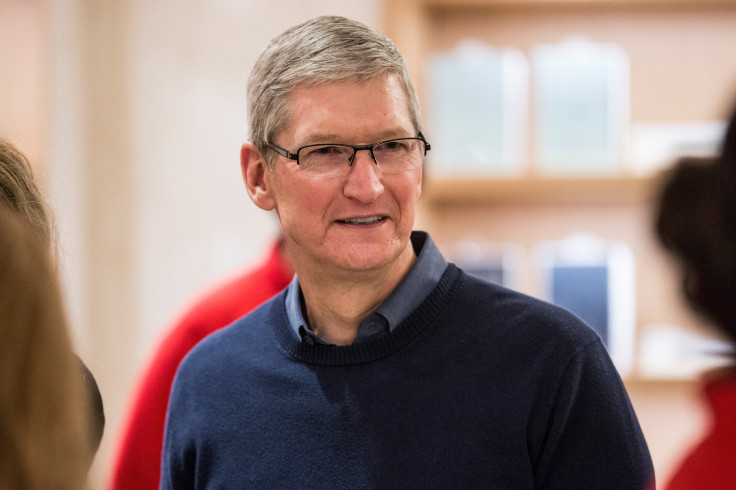Apple CEO Tim Cook released a strongly worded statement Wednesday condemning the FBI’s continued push for Apple to create a separate iOS system that would essentially allow a “backdoor” to information on iPhones.
“We have great respect for the professionals at the FBI, and we believe their intentions are good. Up to this point, we have done everything that is both within our power and within the law to help them,” Cook said in the statement. “But now the U.S. government has asked us for something we simply do not have, and something we consider too dangerous to create. They have asked us to build a backdoor to the iPhone.”
The FBI’s anti-encryption wishes stem from the San Bernardino shooting in December 2015 when Syed Farook and his wife Tashfeen Malik reportedly shot and killed 14 people. Law enforcement recovered an iPhone from Farook and Malik after their deaths. According to USA Today, the phone belonged to Farook’s employer, San Bernardino County, which gave the OK for the search.
Tuesday U.S. Magistrate Judge Sheri Pym ruled Apple must cooperate with the FBI. Pym said Apple must aid the FBI with “reasonable technical assistance,” which includes:
“Disable the auto-erase function whether or not it has been enabled”
“Will enable the FBI to submit passcodes to the subject device for testing electronically via the physical device port, Bluetooth, Wi-Fi or other protocol available on the subject device.”
“..When the FBI submits passcodes to the subject device, software running on the device will not purposefully introduce any additional delay between passcode attempts...”
“..Providing the FBI with a signed iPhone software file, recovery bundle or other software image file that can be loaded onto the subject device.”
Cook’s statement Wednesday responds to Pym’s ruling.
“The FBI may use different words to describe this tool, but make no mistake: Building a version of iOS that bypasses security in this way would undeniably create a backdoor,” Cook said. “And while the government may argue that its use would be limited to this case, there is no way to guarantee such control.”
Apple argues that creating a new iOS would open up privacy concerns for its entire user base. It will challenge Pym’s ruling.
“We are challenging the FBI’s demands with the deepest respect for American democracy and a love of our country. We believe it would be in the best interest of everyone to step back and consider the implications,” Cook said. “While we believe the FBI’s intentions are good, it would be wrong for the government to force us to build a backdoor into our products. And ultimately, we fear that this demand would undermine the very freedoms and liberty our government is meant to protect.”

















